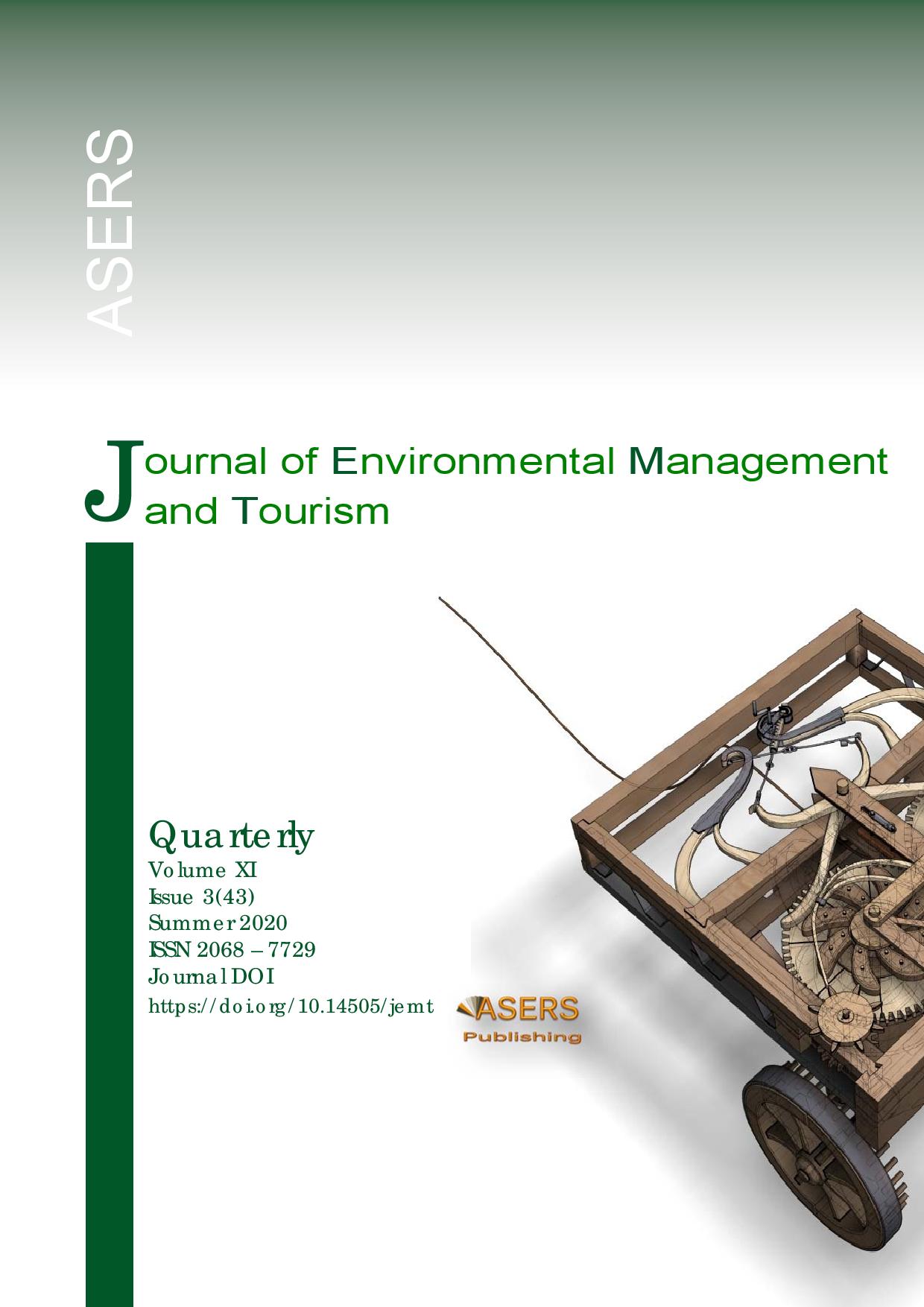The Waste-Free Production Development for the Energy Autonomy Formation of Ukrainian Agricultural Enterprises
The Waste-Free Production Development for the Energy Autonomy Formation of Ukrainian Agricultural Enterprises
Author(s): Grygorii KALETNIK, Inna Honcharuk, Yuliia OKHOTASubject(s): Economy, Agriculture, Energy and Environmental Studies
Published by: ASERS Publishing
Keywords: agriculture; waste; digestate; biogas; soil acidity; autonomy; agricultural enterprise;
Summary/Abstract: Agriculture has been considered as one of the priority countries sectors in our research; the share of agriculture in the gross domestic product of the world leading countries was investigated. The theoretical and practical aspects of non-waste agricultural production development using animal waste and crop residues fermented in biogas plants are revealed. The authors substantiate the relevance and potential of the introduction of waste-free technology which has considerable advantages of energy autonomy both for the enterprise and the country. The state of humus content in soils of Ukraine is also considered. International experience has been evaluated, which consists in the ability of agricultural waste both to produce alternative sources of energy and to use the products of their processing as organic fertilizers that significantly increase crop yields. The first steps of the Ukrainian agricultural enterprises to introduction of non-waste production on the example of the company LLC Organic-D have been presented; it heats and electrifies the complex, dries crops, and also uses organic fertilizer (digestate) due to waste processing in the biogas station. As a result of the research, it was found that the application of organic fertilizer can have a positive effect on soil recovery, because the soil acidity has changed from a level of weak acid (5.4 pH) to a level close to neutral (6 pH) for one year of its application. To conclude, the obtained results prove the relevance of the research problem.
Journal: Journal of Environmental Management and Tourism (JEMT)
- Issue Year: XI/2020
- Issue No: 03 (43)
- Page Range: 513-522
- Page Count: 10
- Language: English
- Content File-PDF

